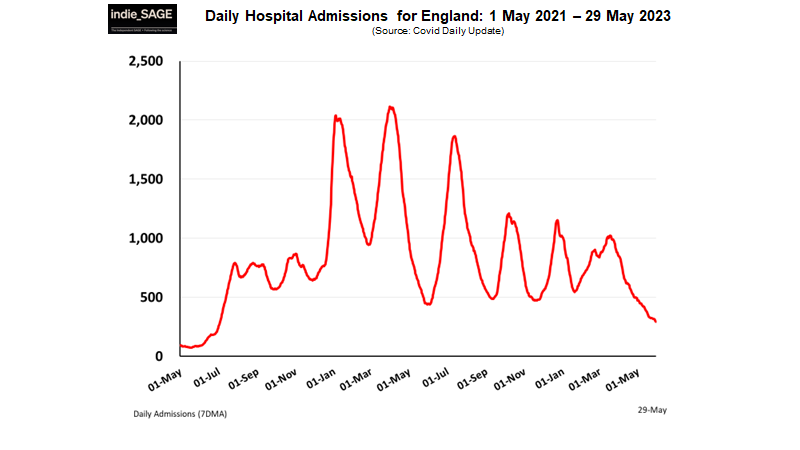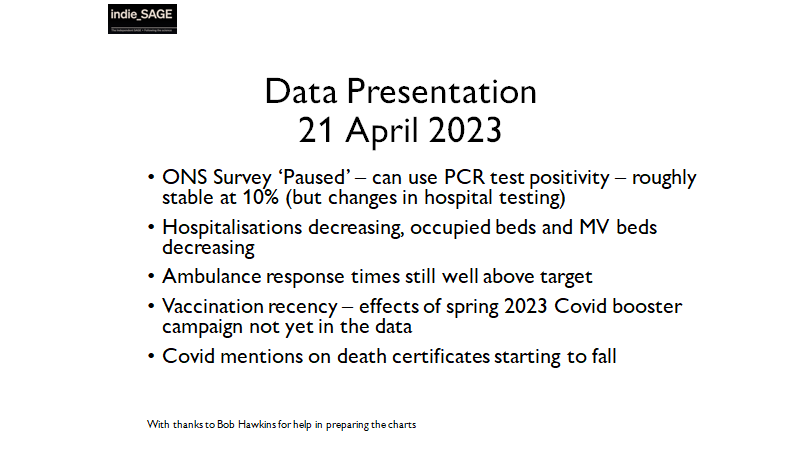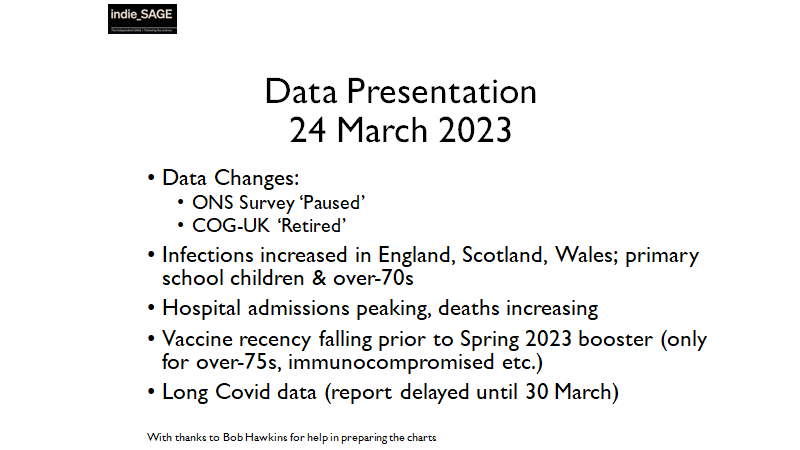Let's look at the SAGE 92 minutes that would have informed the Government's thinking.
A thread.
assets.publishing.service.gov.uk/government/upl…
A thread.
assets.publishing.service.gov.uk/government/upl…
But back to the SAGE 92 consensus statement.
"R is now estimated to be 40–80% higher for delta than for alpha (B.1.1.7), although a figure higher or lower than this cannot be ruled out. "
*40 to 80%*
"R is now estimated to be 40–80% higher for delta than for alpha (B.1.1.7), although a figure higher or lower than this cannot be ruled out. "
*40 to 80%*

Not clear whether reductions e.g. in Bolton are due to intense focus on those areas or otherwise.
Do not use Bolton to infer what will happen in other places.
(ps well done Bolton!)
Do not use Bolton to infer what will happen in other places.
(ps well done Bolton!)

Some ethnic groups more likely to become infected (reasons not given, my conjecture: could be lower % vaccinated, could be higher exposure) 

Uncertainty about scale of expected resurgence - *larger wave than equivalent scenarios modelled ahead of Roadmap step 3* (presumably as Delta transmssion now estimated to be higher than scenarios modelled before Step 3) 

Key uncertainties: growth advantage of delta, the effectiveness of vaccines against severe disease caused by delta 

• • •
Missing some Tweet in this thread? You can try to
force a refresh






























